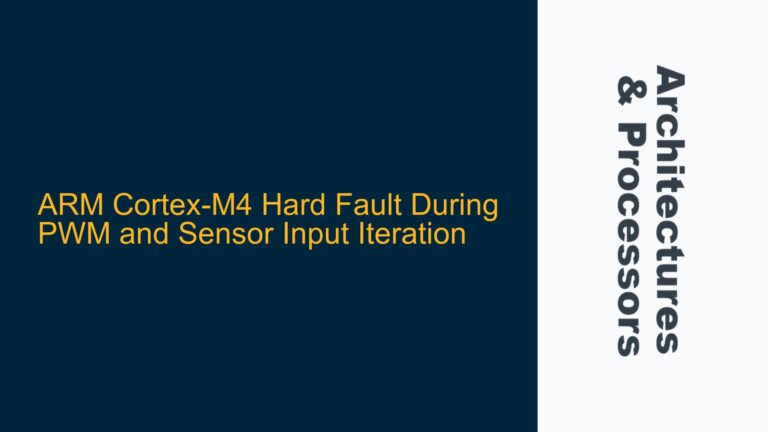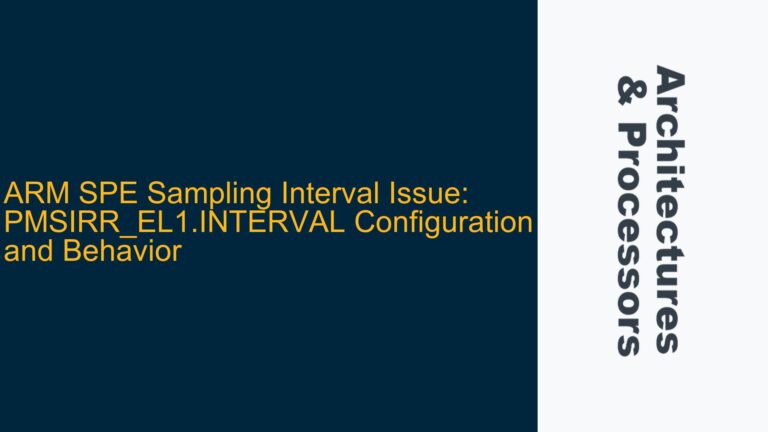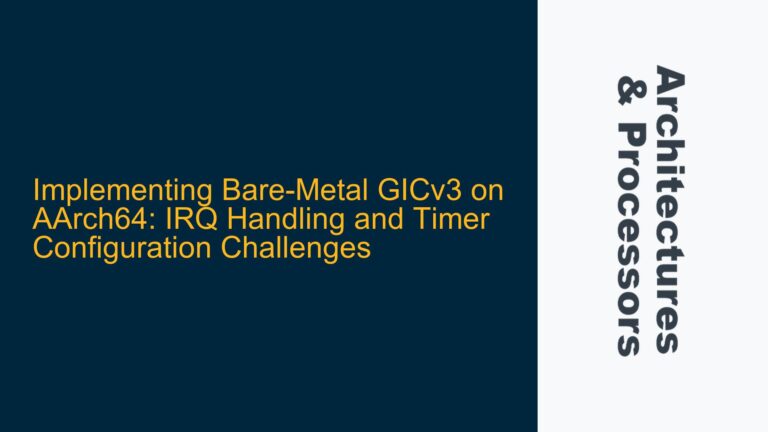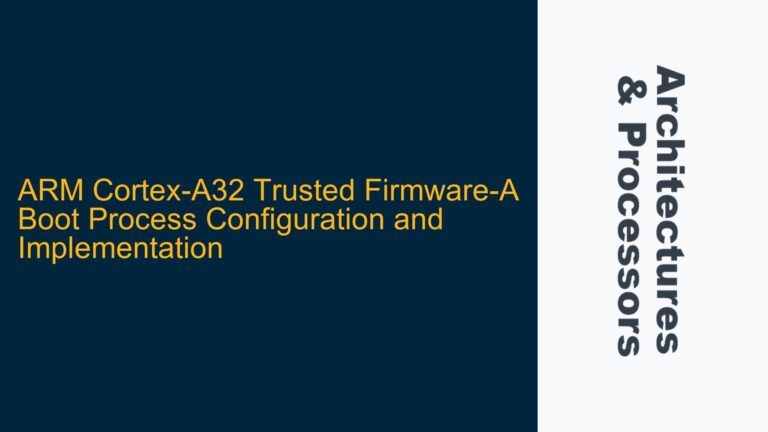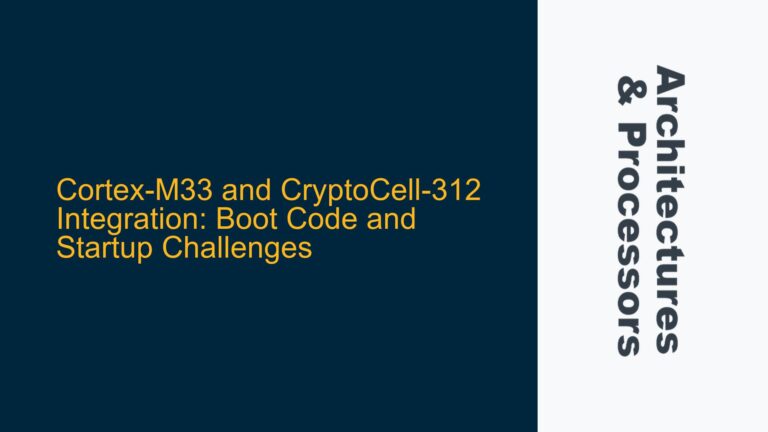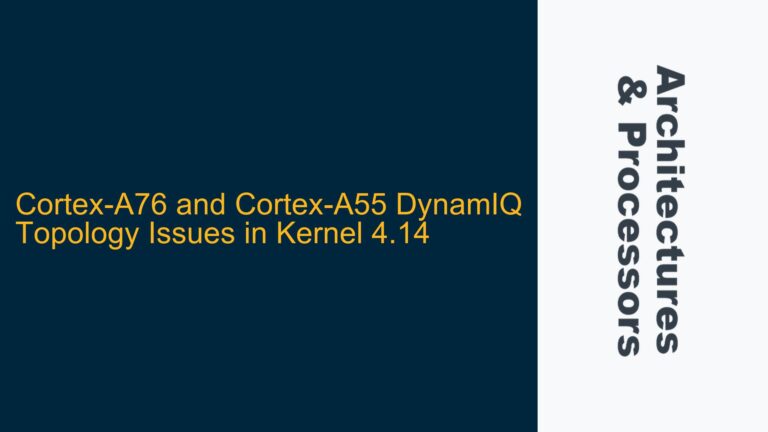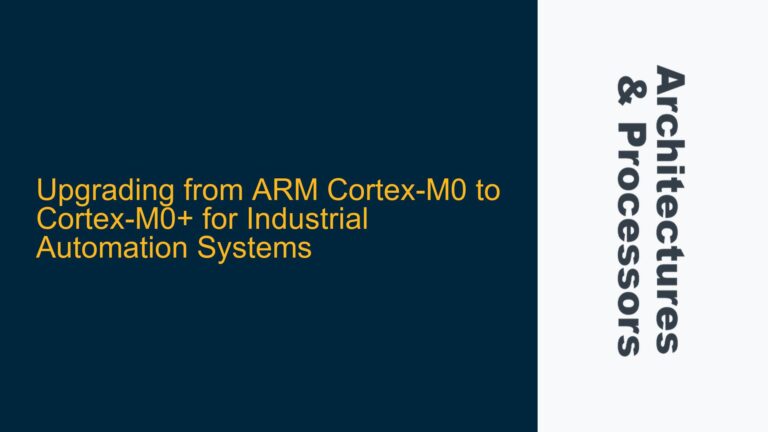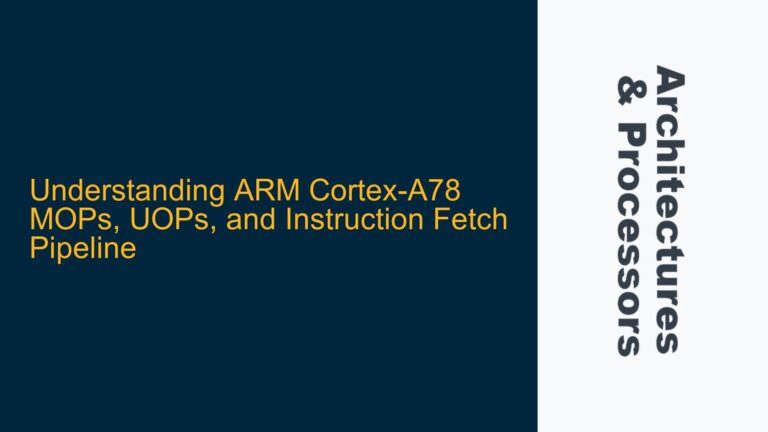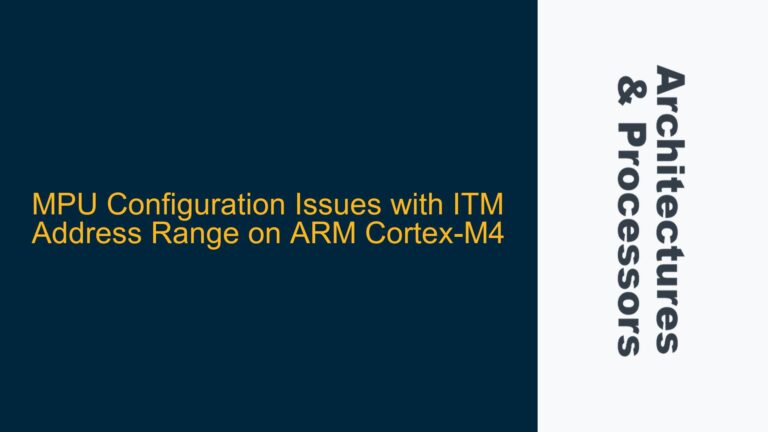ARM Cortex-M4 Hard Fault During PWM and Sensor Input Iteration
ARM Cortex-M4 Hard Fault During PWM and Sensor Input Iteration The issue described involves an ARM Cortex-M4 microcontroller (specifically the Tiva C series) entering a Hard Fault state during the second iteration of a loop that reads sensor input from GPIO Port B and generates PWM signals on GPIO Port F. The program operates correctly…
